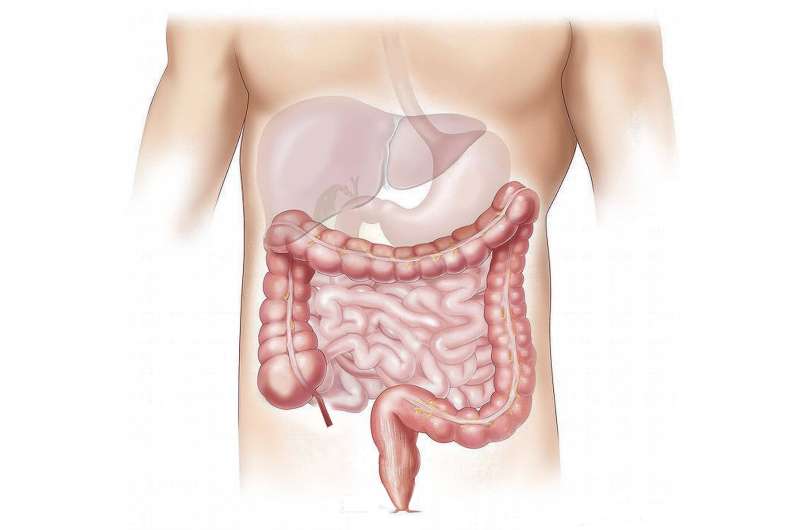Expert Tips to Prevent Burns During Winter: Safe Use of Fires, Hot Drinks, and Heat Packs

Discover essential tips from experts to prevent burns while staying warm this winter. Learn safe practices for fires, hot drinks, and heat packs to keep you and your loved ones safe during the colder months.
As winter settles in with cold, crisp evenings, many turn to cozy sources of warmth like wood fires, heated blankets, hot water bottles, and warm beverages. While these comforts are essential for staying warm, they also pose risks of burns and injuries if proper precautions are not followed.
Protecting Children: Young children are naturally curious and often explore their surroundings, which can lead them dangerously close to heat sources. For example, toddlers may reach out to touch glowing wood fires or fire pits, resulting in severe burns to their small hands and fingers. Similarly, hot drinks spilled during busy moments or while comforting sick children can cause deep skin injuries. Children running on fire-affected ground risk stepping onto hot embers or fire remnants, leading to serious burns.
Hot Water Bottles and Wheat Bags Safety: Hot water bottles, a common winter staple, are responsible for many scald burns. Filling them with boiling water, leaks, or direct contact with the skin can cause burns. It's crucial to inspect bottles regularly, use hot tap water instead of boiling water, and always add a cover before applying. Wheat bags, if overheated or used without a cover, can also cause burns or even catch fire if misused.
Risks for Older Adults: Elderly individuals are more vulnerable to winter burns due to underlying health issues like diabetes or poor circulation, which diminish heat sensation, making it harder to notice burns. Burns from sitting too close to heaters or using portable heating devices without proper supervision can go unnoticed and become infected. Financial constraints might lead seniors to rely on small heaters, heating blankets, or reusing heat packs, which can heighten burn risks.
Safety Guidelines:
- Use barriers around heaters to prevent curious hands from reaching hot surfaces.
- Keep hot drinks out of children's reach, preferably in mugs with lids.
- Supervise children closely around open flames and extinguish fires with water, not sand.
- Regularly check and maintain heat packs, hot water bottles, and heaters, ensuring they are in good condition.
- Avoid over-heating wheat bags and do not reheat without cooling.
First Aid and When to Seek Medical Help: In case of burns, run cold water over the area for at least 20 minutes, keep the person warm, and avoid applying ice or creams. Cover the injury with a clean cloth. Seek professional medical care if burns are deep, large, involve the face or genitals, or show signs of infection or blistering.
Preventing burns during winter requires awareness and cautious habits. Following these expert tips can significantly reduce the risk and ensure safety for everyone enjoying the winter months.
Stay Updated with Mia's Feed
Get the latest health & wellness insights delivered straight to your inbox.
Related Articles
Are Different Types of Water Better for Hydration and Nutrition?
Discover whether different types of bottled water, such as alkaline or electrolyte-enhanced, offer real health benefits or if plain water remains the best choice for hydration and nutrition.
Adopting a Healthy Lifestyle Significantly Reduces Diverticulitis Risk Regardless of Genetics
A large-scale study shows that a healthy lifestyle significantly reduces the risk of diverticulitis, regardless of genetic predisposition. Key factors include diet, exercise, smoking avoidance, and weight management.
Summer Drinking Risks: What You Need to Know
Discover the important safety tips and risks of summer alcohol consumption to enjoy a fun and safe season with family and friends.



